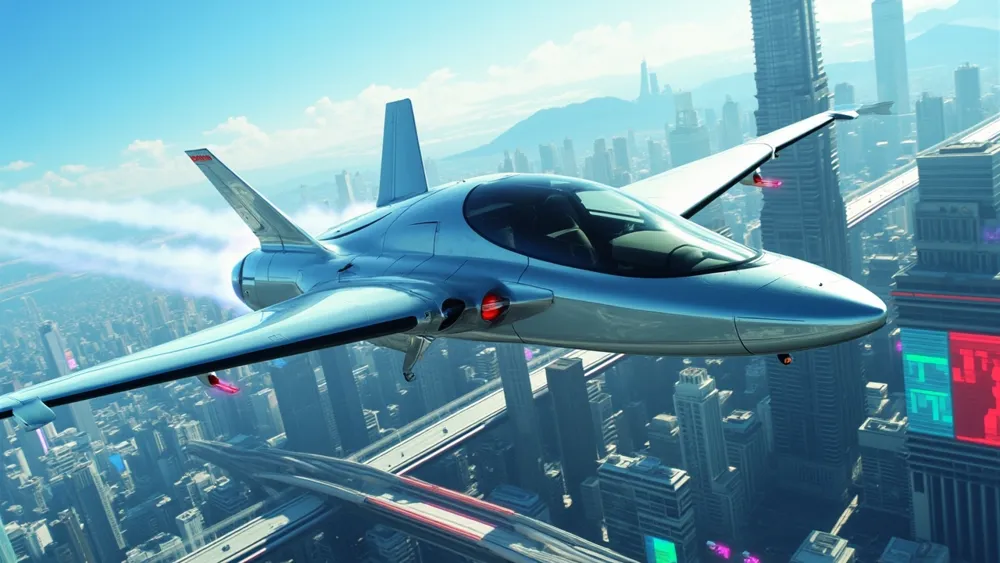GAC's First Mass-Produced Flying Car Launches in Hong Kong

The recent announcement by GAC Group regarding the global debut of its first mass-produced flying car at the Hong Kong International Auto and Supply Chain Expo highlights a significant leap in the automotive landscape. With the company unveiling its GOVY brand and innovative air mobility solutions, this moment serves as a potent reminder of how close we are to integrating futuristic transportation technologies into our daily lives. GAC's initiative, particularly in a region like Hong Kong—known for its high-density urban challenges—shows both ambition and the potential for transformative urban mobility.
In terms of innovation, the GOVY AirJet stands out with its novel eight-rotor configuration and dual ducted design. This combination not only enhances lift but also promises a remarkable range—over 200km—with plans for future iterations to exceed 400km with solid-state battery technology. Moreover, GAC's commitment to short-range transport solutions through the GOVY AirCar further exemplifies their strategic approach in addressing the burgeoning low-altitude economy. However, while GAC is pioneering this aerial endeavor, the competitive landscape is heating up with other major automotive players and startups looking to disrupt the market. The real test lies in navigating pertinent regulatory frameworks, urban integration challenges, and public acceptance of flying vehicles.
Looking ahead, GAC's flying car introduces intriguing dynamics within the broader tech trends of AI, 5G connectivity, and urban planning, as cities are challenged to overhaul infrastructure to accommodate air mobility. While the promise of low-latency networking and edge computing can enhance communication and safety for air taxis, the risks around safety and operational guidelines stand as hurdles yet to be cleared. As investors eye this burgeoning sector, a critical question emerges: Will GAC's innovation fulfill the lofty expectations set for air transport, or could it face substantial regulatory and societal pushback? The adoption potential will depend on several factors including technology reliability, user experience, and the integration of flying vehicles into existing transport systems.
Read These Next

OpenAI Launches o3-pro Advanced Reasoning Model for ChatGPT
OpenAI launched its advanced reasoning model, o3-pro, enhancing ChatGPT's ability to handle complex queries and potentially reshaping AI response standards in the industry.

Cybersecurity Breach: Ripple Effects of the Marks & Spencer Attack
This article explores the implications of the cyber-attack on Marks & Spencer, focusing on Tata Consultancy Services' role and highlighting the interconnectedness of digital security, corporate responsibility, and consumer impact.

Elon Musk's Impact on Governance and Public Policy as a Tech Mogul
This article explores Elon Musk's impact during his brief time in the Trump administration, discussing the interplay between technology, politics, and its implications for governance. It highlights concerns regarding accountability and misinformation in policy-making, particularly the influence of corporate leaders in government roles and their potential conflicts of interest.
